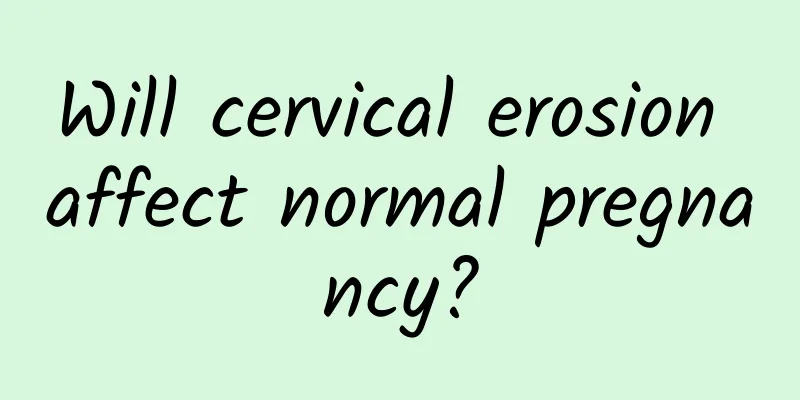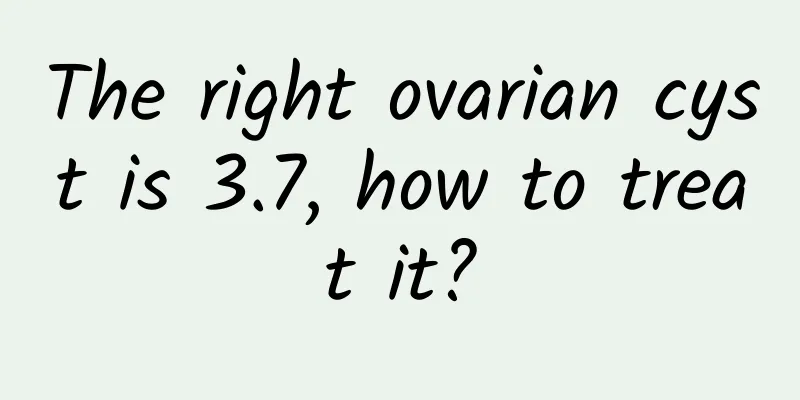How to treat functional menstrual disorders

|
Functional menstrual disorders are menstrual abnormalities caused by non-organic causes and can be improved through a variety of methods such as medication, lifestyle adjustments, and psychotherapy. 1. Drug treatment For functional menstrual disorders, medication is one of the common treatments. Hormone therapy: Estrogen and progesterone are commonly used to regulate endocrine balance and restore the menstrual cycle, such as oral contraceptives such as Diane-35. This type of drug needs to be used under the guidance of a doctor to determine whether there are any contraindications. Chinese medicine conditioning: According to traditional Chinese medicine theory, irregular menstruation is often related to liver depression, qi stagnation, and blood deficiency. Chinese patent medicines such as Motherwort Granules, Xiaoyao Pills, and Wujibaifeng Pills are commonly used for conditioning, and the choice needs to be based on personal constitution. Nutritional supplements: Supplementation with vitamin E or folic acid can also improve menstrual abnormalities caused by malnutrition or trace element deficiency, but the amount must be chosen appropriately. 2. Lifestyle Adjustments Regular work and rest: Staying up late, overwork or high stress may lead to endocrine disorders. Therefore, it is recommended to ensure adequate sleep and regular rest to relieve physical and mental fatigue. Healthy diet: Avoid excessive dieting or nutritional imbalance, and consume enough protein, vitamins and minerals every day, such as iron-rich red meat, green leafy vegetables and nuts, to promote balanced body functions. Moderate exercise: Stick to aerobic exercise such as yoga and jogging 3-5 times a week to balance hormone levels in the body and improve menstrual abnormalities. 3. Psychological counseling Functional menstrual disorders are often associated with mood swings and psychological stress. Psychological counseling or relaxation training can effectively relieve anxiety and stress and help restore normal menstruation. Relaxation techniques such as deep breathing and meditation can improve mood and promote whole-body regulation. Although functional menstrual disorders are functional problems, if they are not improved for a long time, they may lead to other health risks. If such problems occur, it is recommended that you consult a gynecologist in time to develop a personalized treatment plan based on the specific situation while adjusting your lifestyle. |
<<: Pain caused by a mass caused by pelvic inflammatory disease
>>: Can premature ovarian failure eat coix seed?
Recommend
Daily care for patients with vulvar leukoplakia
Vulvar leukoplakia is a common gynecological dise...
Ke Nianxuan gained 10 kg after taking medication for hyperthyroidism
Young women are more prone to hyperthyroidism. Fe...
Is endometrial tuberculosis dangerous?
Endometrial tuberculosis is a common gynecologica...
Remedies for menstrual rash
Menstrual rash is a common menstrual disease in w...
What are the hazards of premature ovarian failure
Premature ovarian failure is a serious and intrac...
Causes and symptoms of uterine cysts
The causes of uterine cysts include genetics, env...
Warning: Four major hazards of candidal vaginitis
As the most common gynecological disease, many wo...
Will it hurt if a woman has cervical erosion? The three major symptoms of cervical erosion in women
Cervical erosion is not common with pain symptoms...
What medicine should I take after medical abortion? Doctors recommend these 4 medicines
Because medical abortion often causes heavy bleed...
6 reasons for raising a fat child - easy self-diagnosis
Mingming, 7 years old, has loved fried food and h...
Prevention of Dysmenorrhea
Traditional Chinese medicine believes that "...
Two prescriptions for endometriosis
Two prescriptions for endometriosis Endometriosis...
Don't ignore! Four major symptoms of pelvic inflammatory disease!
What are the symptoms of pelvic inflammatory dise...
Effect of TCM treatment on habitual abortion
Habitual miscarriage is called miscarriage in tra...
Does hydatidiform mole affect life expectancy?
Doctors at the Obstetrics and Gynecology Hospital...









